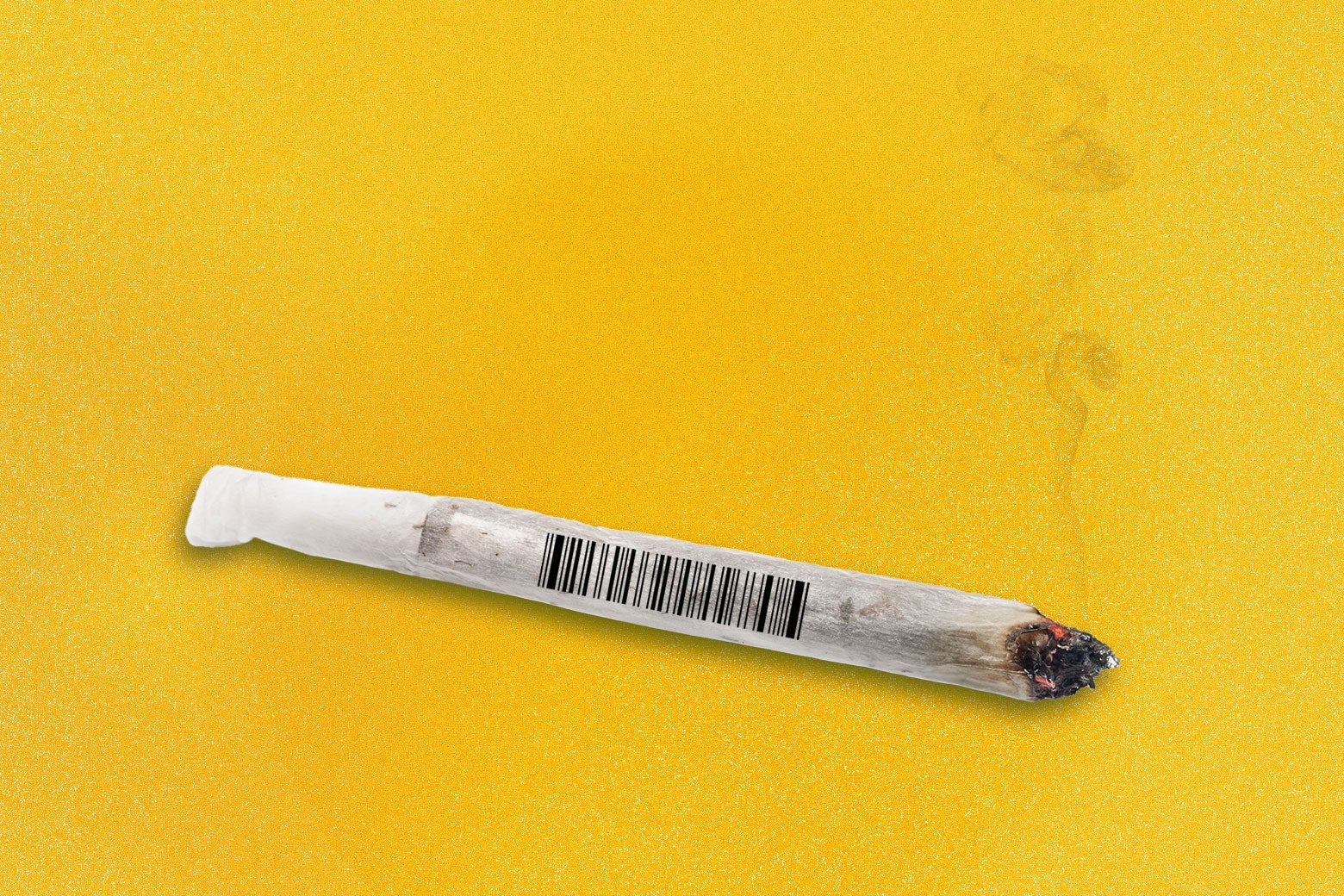Exploring Blockchain's Promise in Securing Medical Data: Insights from Industry Experts

A recent report by GlobalData highlights the significant potential of blockchain technology in enhancing data security for medical devices, a finding that has stirred interest among industry experts. In a survey conducted by GlobalData in February, a substantial majority of participants identified data security as the most promising application of blockchain within the healthcare sector. Specifically, 38% of the 212 respondents emphasized the importance of ensuring safe and tamper-proof storage of patient data, showcasing a clear preference for this aspect over other potential applications. Following data security, the next most recognized benefit centered around interoperability, with 22% of participants believing that blockchain could facilitate seamless data exchange between healthcare systems. This reflects an understanding of the growing need for integrated health information systems that can communicate effectively with one another, ultimately leading to improved patient outcomes. Almost one-fifth (18%) of respondents saw promise in blockchain's ability to track medical devices throughout their supply chain, from manufacturing to deployment, which could significantly enhance accountability and traceability. Additionally, 15% highlighted the importance of verifying the authenticity of medical devices, indicating growing concern over counterfeit products in the market. Finally, only 7% of respondents viewed the automation of payments and agreements via smart contracts as a key application, which suggests that while innovative, this area is still in its infancy compared to the pressing need for data security. GlobalData elaborates on how blockchain can revolutionize data security within the healthcare landscape. The report outlines that the technology enhances patient data protection through advanced encryption techniques, decentralization of information storage, and stringent access control measures. By leveraging blockchain, healthcare organizations can bolster the confidentiality, privacy, and reliability of patient information, contributing to more efficient healthcare delivery practices. The broader implications of blockchain technology extend well beyond healthcare, as it embodies a decentralized digital framework for information storage. This framework functions similarly to a digital ledger, where transactions are securely recorded in an unalterable manner. Unlike traditional systems that rely on central authorities, blockchain operates on a peer-to-peer network, facilitating direct transactions among users while ensuring data integrity. Looking towards the future, GlobalData projects a remarkable growth trajectory for the blockchain software and services market, estimating it will surge from $12 billion in 2023 to an impressive $291 billion by 2030. However, the report also acknowledges the complexities involved in estimating overall blockchain spending. The intertwining of blockchain technology with broader digital transformation initiatives and its association with other Web3 technologies makes it challenging to pinpoint specific revenue streams generated directly from blockchain ventures. Moreover, the report highlights the opacity that often characterizes the blockchain industry, particularly regarding the financial disclosures of private companies. Although there has been some improvement in financial reporting practices, the sector still lacks the transparency prevalent in other industries. This challenge is further complicated by larger technology firms that frequently combine blockchain revenues with other service offerings, thereby obscuring precise market valuations. As the healthcare industry continues to embrace digital transformation, the insights from GlobalData's report underscore the critical role that blockchain technology could play in enhancing data security and integrity, ultimately reshaping how patient information is managed and protected in the evolving digital landscape.
















